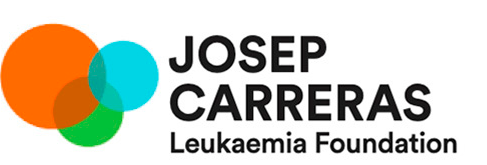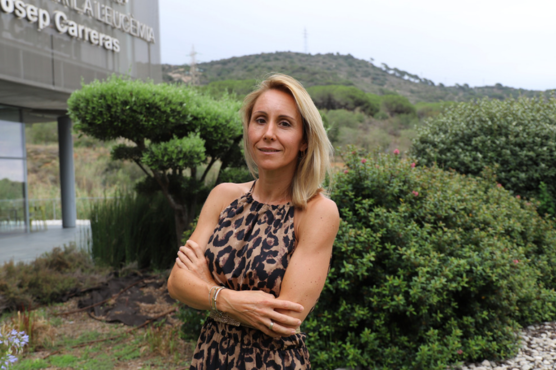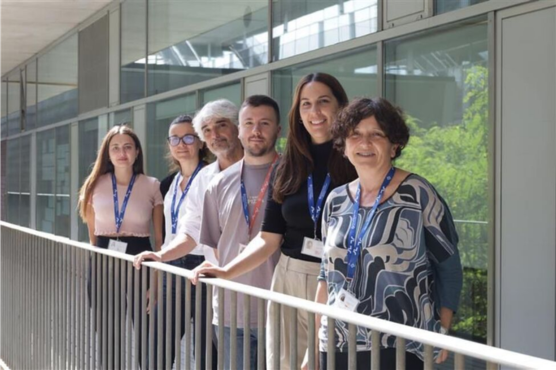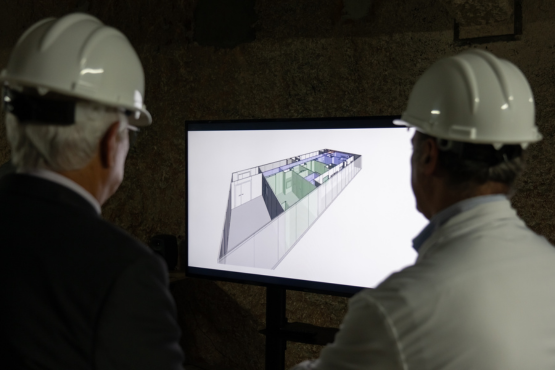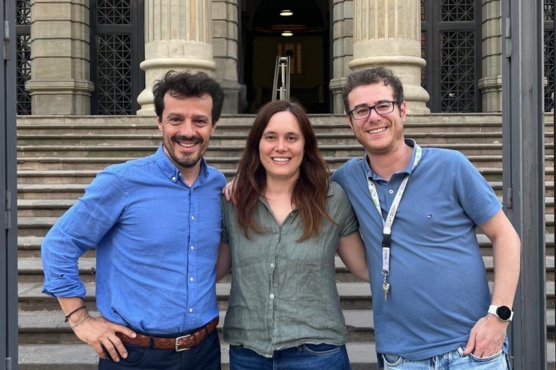At the Josep Carreras Leukaemia Foundation we believe it is useful and necessary to provide you with information regarding the precautionary measures that should be taken by people who are suffering from, or who have suffered from, leukaemia, lymphomas, multiple myeloma or any other malignant blood disease.
Patients CURRENTLY suffering from cancer are HIGH RISK PATIENTS because they run a higher risk of presenting more serious complications as a consequence of infectious diseases, such as COVID-19.
They must therefore take the maximum precautions possible to avoid contracting the coronavirus.
Why?
Because it is possible that some kinds of cancer and some treatments, such as chemotherapy, will weaken, or will have weakened, your immune system leading to your increased risk of infection, in this case, due to the characteristics of COVID-19, a respiratory infection.
What measures should I take?
At the present time there is no vaccine for COVID-19, and neither is there any specific treatment for it. The best way to prevent the disease is not to expose yourself to the virus. Therefore:
– Stay at home. If a companion, friend or family member has to go into the street to buy you food or to go to the chemist’s for you, they must take the maximum precautionary measures and apply the highest standards of hygiene. Do not go yourself if at all possible.
– Wash your hands frequently with soap and water for one minute. Especially after using the toilet; before eating; blowing your nose; coughing or sneezing; and before and after contact with other people.
– Avoid touching your eyes, nose and mouth. The virus does not enter the body through the skin, but when your hands are in contact with other parts of your body such as your mouth and nose… That is why washing your hands is so important and why it is also so important not to rub your eyes, bite your nails, and touch your nose.
– Try not to share glasses and kitchen utensils without cleaning them thoroughly.
– It is not necessary to wear a mask at home if you keep your distance from others but, if you must go out, wear it.
– Keep at least one metre away from other people.
What should I do if I am receiving treatment?
Your hematologist will decide on the urgency and sequence for visits and treatment. Talk to them and, remember, if you have to attend your medical centre, take the maximum precautions.
What should I do if I present COVID-19 symptoms?
– Call the emergency number in your community immediately if you develop a fever, a cough, a headache, or experience difficulty breathing.
In Spain:
Andalucía: 900 400 061 / 955 545 060
Aragón: 976 696 382
Asturias: 900 878 232 / 984 100 400 / 112 marcando 1
Cantabria: 900 612 112
Castilla La Mancha: 900 122 112
Castilla y León: 900 222 000
Catalunya: 061
Ceuta: 900 720 692
Comunidad de Madrid: 900 102 112
Comunidad Valenciana: 900 300 555
Extremadura: 112
Galicia: 900 400 116
Islas Baleares: 061
Canarias: 900 112 061
La Rioja: 941 298 333
Melilla: 112
Murcia: 900 121 212
Navarra: 948 290 290
País Vasco: 900 203 050
For a medical emergency, call 112.
– If possible, tell your hematologist.
If I am a former leukaemia patient, am I also at high risk?
There is no easy answer to this. In some, but not all, cases you will always be at high risk. It depends on your immune system, so the best thing to do is take the same preventive measures, stay at home, and talk directly to your hematologist about any doubts you may have.
+INFO (in Spanish):
Información general del Ministerio de Sanidad.
Información de la Organización Mundial de la Salud.
And remember, #stayathome.

